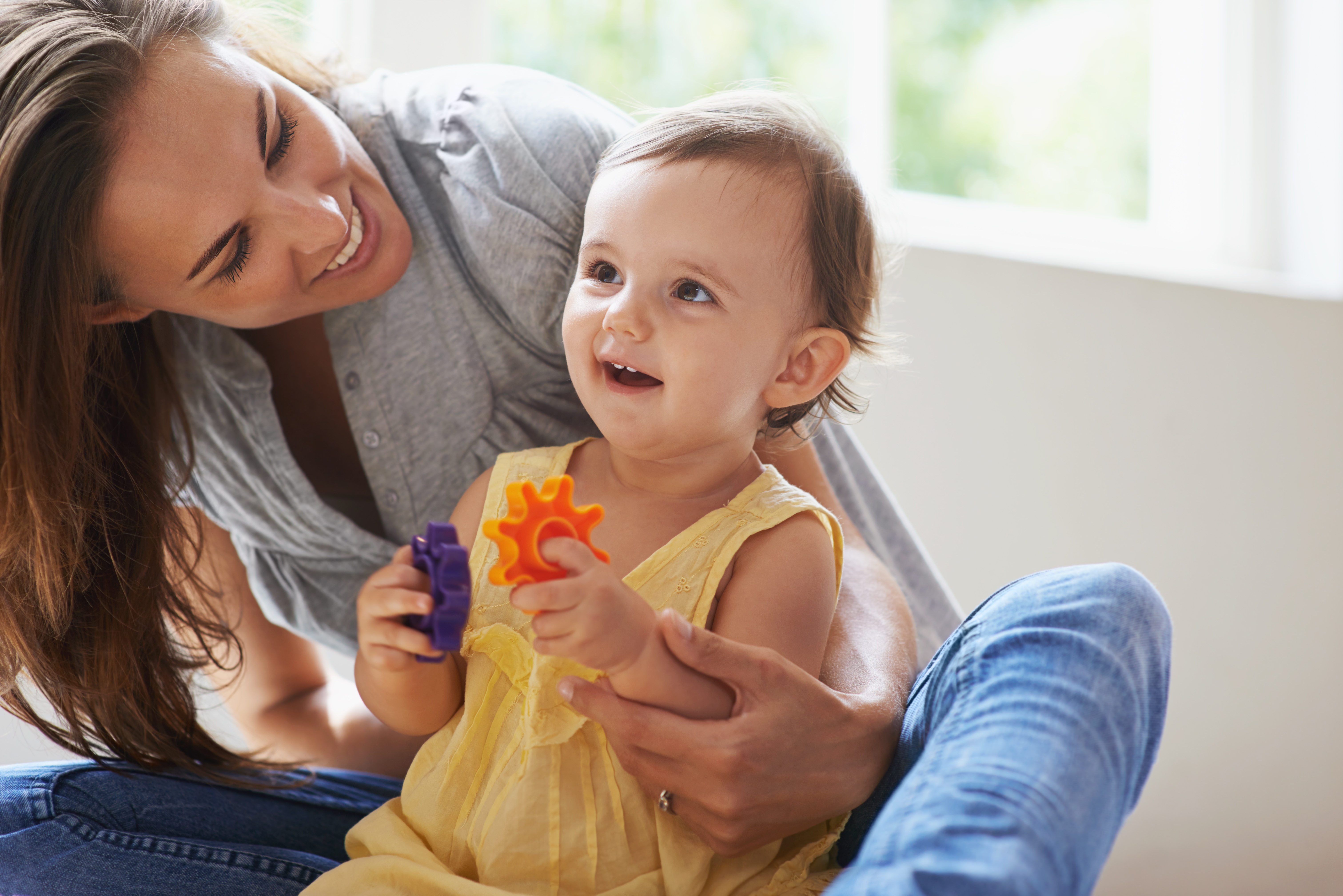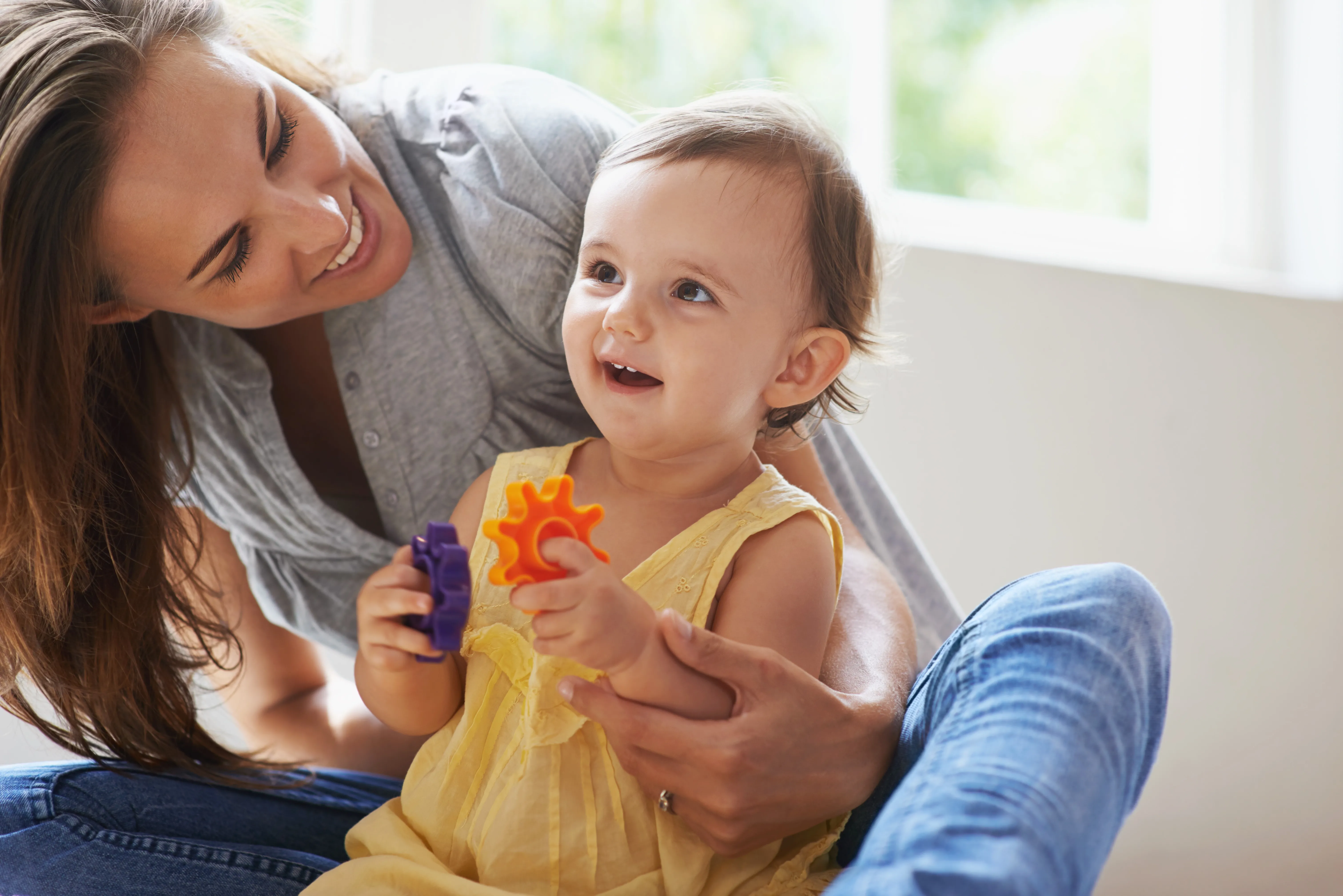13 Things to Do Before Bringing Baby Home
As a parent-to-be, you may feel overwhelmed with preparing for your new bundle of joy. You may be reading advice books and blogs, taking classes and asking friends and family for suggestions. However you do it, making sure you prepare ahead-of-time is a must.

1. Select a pediatrician
Your friends and family can be very helpful resources for this decision. Ask around and set up an interview with the physician, many even offer open houses for parents-to-be. Consider whether or not the physician offers after-hour appointment times and a 24/7 phone number.
2. Choose your daycare or babysitter
Researching and visiting daycare providers before your baby is born can help alleviate some stress prior to returning to work. Many daycares also require you to put your name on a waiting list. Some cities also offer resources to identify licensed daycares in the area, something very important for the safety of your baby.
3. Take classes
Outside of your typical Lamaze class, other classes such as infant CPR instruction or advice about introducing dog to baby can help you prepare for sometimes unexpected situations.
4. Purchase and build baby’s crib
Sometimes choosing the crib is one of the most daunting tasks new parents face. Ensuring your crib and/or bassinet are in the house and ready to go prior to bringing baby home will help. Make sure the crib is certified by the Juvenile Product Manufacturers Association.
5. Pick your car seat and learn how to use it
Car seats can be finicky. In addition to ensuring that it meets all of the safety guidelines, you must learn how to correctly install it. If you need help, your local fire department will correctly install the car seat for you. All hospitals require that you have a car seat properly installed before you can safely bring baby home.
6. Make your list of emergency contacts
Having a list of emergency contacts easily available will make a potentially stressful situation a lot easier. Poison control is an incredibly important number to have on hand because babies and toddlers are notorious for getting into dangerous liquids, cleaners and more.
7. Ensure you have a working smoke detector
Check all of the smoke detectors in your house and make sure their batteries are fresh.
8. Inspect the house for choking hazards
Some items to look out for are button batteries, loose change and magnets. Some stores and websites offer a "small objects choke tester" to help evaluate the size of objects.
9. Set the hot water gauge back a little
A newborn’s skin is sensitive. This will help eliminate the risk of burns.
10. Purchase cabinet latches and outlet covers
They may be pesky for you, but they can save your child’s life!
11. Set up your baby monitors
They make watching and listening for baby even easier.
12. Get your thermometer
You’ll need a digital thermometer. It’s best to have a rectal or armpit thermometer for baby’s first few months.
13. Stroller
Make sure you can pick it up, fold it easily and that it fits into your vehicle.
*Bonus 14. Clothing, diapers and wipes, swaddling blankets, etc.
Make sure you have plenty of these on-hand. Did I mention you’ll need a lot of diapers?
It seems overwhelming, but bringing your baby home is one of the biggest moments in life. You may think you’re prepared, but babies are always full of surprises!

Shannon Roberts, BSN, RN, RNC-OB, is the Director of Women's Services. She previously served as Unit Director on Chesapeake Regional Medical Center’s Labor & Delivery unit, where she worked for more than 20 years. She received her Bachelor of Science in Nursing degree at Old Dominion University in Norfolk and also is certified in inpatient obstetrics. She began her tenure at CRH as a candy striper at age 14.